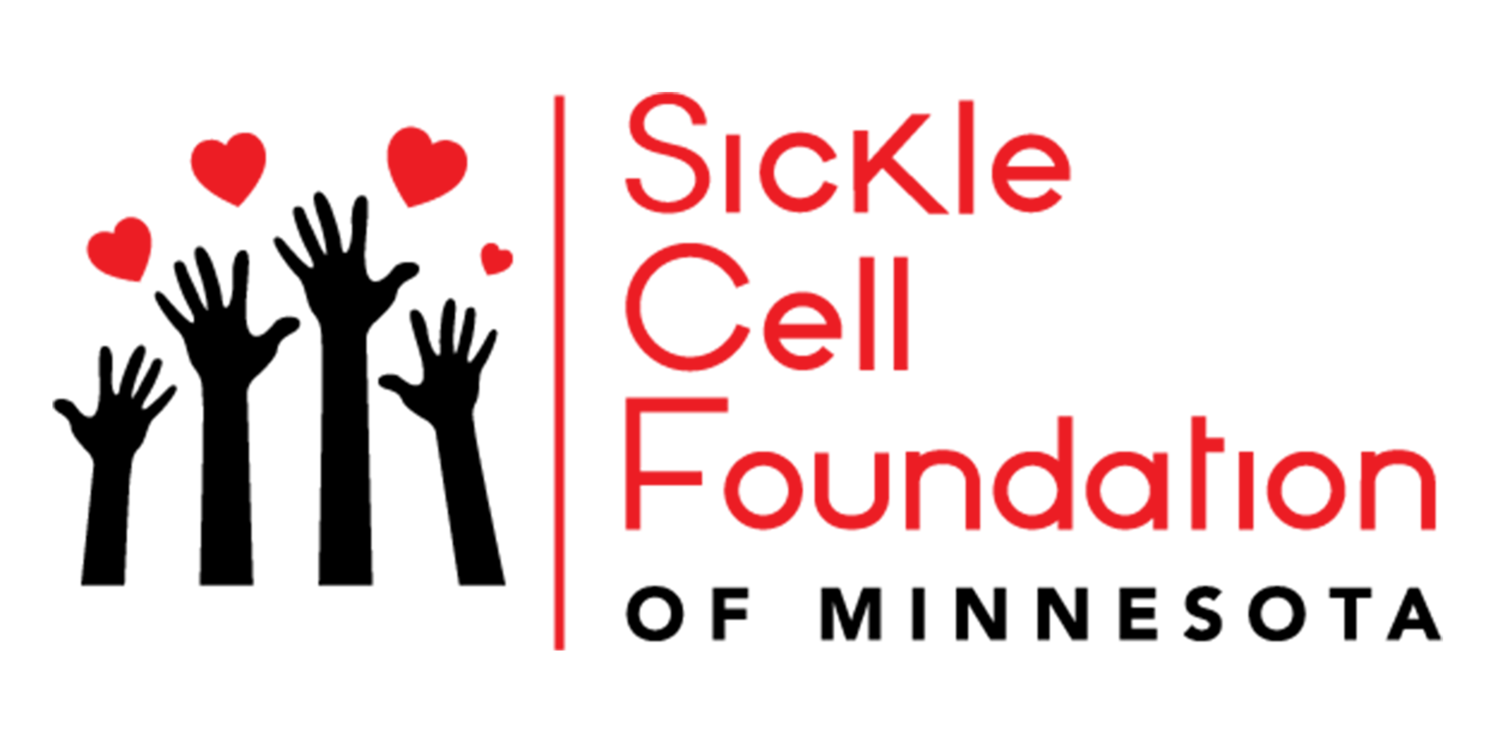Social Security Disability Benefits
Social Security Disability Benefits
Download this page in PDF format: Qualifying for Social Security Benefits
Medically Qualifying for Benefits
The SSA uses its own medical guide of qualifying criteria and uses a book known as the Blue Book, to evaluate disability applicants and award benefits to those who qualify. Sickle cell disease is listed under Section 7.05 (adults) and Section 107.05 (children) in the Blue Book. Under both listings, there are four ways to qualify:
You have documentation proving you have severe pain from sickle cell disease requiring IV or IM narcotic medication at least six times within any year, with at least 30 days between crises.
You have complications of hemolytic anemia requiring at least three hospitalizations within one year, each at least 30 days apart. A stay in the hospital must last at least 48 hours to count.
Your hemoglobin measurements are 7.0 grams per deciliter or less. You’ll need three measurements within a yearlong period to qualify.
You have beta thalassemia major, which requires lifelong RBC transfusions at least once every six weeks.
The Blue Book was written for medical professionals, and you may not immediately know if you qualify with sickle cell disease. Because the entire Blue Book is available online, you can review Section 7.05 or 107.05 with your hematologist to determine if you/your child qualify for benefits.
SSA Policy Ruling regarding Evaluating Cases Involving SCD
In September 2017, the Social Security Administration made a “Policy Ruling” regarding the evaluation of cases involving sickle cell disease. Although we in the sickle cell community continue to advocate for a broader understanding of the disease and the multi-organ impact of this condition, the policy ruling can be found here, and we recommend taking the time to read and understand this document prior to beginning your application process.
Children and Disability Benefits
Qualifying criteria for children with sickle cell disease is less strict than for adults, but children on disability benefits will have strict income limitations. Anyone under age 18 is only eligible for Supplemental Security Income, or SSI benefits. These are only awarded to the most financially needy Americans. If you’re applying on behalf of a minor child with sickle cell disease, your child’s claim could be denied if your household income is too high. The larger your family, the higher your income limit will be.
Review the SSA’s online chart to determine how much income your family could earn while still qualifying. Unfortunately, financial eligibility is the top reason why children are denied benefits with sickle cell disease. The good news is once your child turns 18, your income no longer counts towards her SSI limits, even if your child still lives at home.
Starting Your Application
The easiest way to apply for Social Security disability benefits is online from the comfort of your own home. If you’re applying on behalf of a child, or if you’d rather have assistance applying, you can do so in person at your local SSA office. Call the SSA toll free at 1-800-772-1213 to schedule an appointment to apply today.
It usually takes three to five months to hear back from the SSA. Once approved, you can focus on what’s important: your health.
If you or your child has sickle cell disease, you may be eligible for financial assistance!
The Social Security Administration (SSA) offers aid to people and adults of all ages who are unable to work or participate in typical childhood activities. Sickle cell disease is listed as a qualifying condition, meaning you could be eligible for monthly payments for your medical bills, paid medication, childcare, rent, travel expenses, and other daily living needs.
*The information contained in this section is publicly available from www.scinfo.org.

